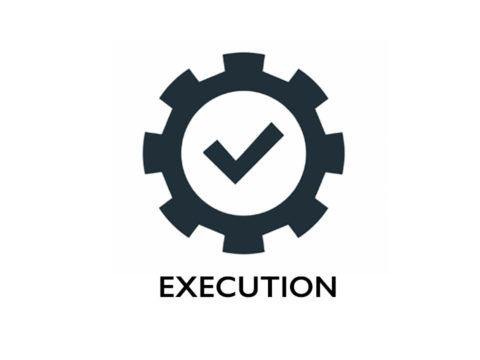Nobel Prize Winning Advice

Private Company CEO Finalist
July 22, 2019
“Ensured business continuity for the client by making their recovery process not only easy but also very fast”
July 23, 2019William Faulkner, recipient of the Nobel Prize for Literature said this when interviewed by the Paris Review:
Let the writer take up surgery or bricklaying if he is interested in technique. There is no mechanical way to get the writing done, no shortcut. The young writer would be a fool to follow a theory. Teach yourself by your own mistakes; people learn only by error. The good artist believes that nobody is good enough to give him advice. He has supreme vanity. No matter how much he admires the old writer, he wants to beat him.
It’s interesting to look at a quote from William Faulkner and think about it in terms of technology startups, but bear with me a moment. I’ve been involved in multiple startups, and the one thing never lacking is advice. I should rephrase that. The one thing never lacking is advice filled with criticism and warning. The business sections of bookstores are filled with it and filled with “revolutionary” solutions to every problem and issue one could face in business.
Before you get ready to leave me angry comments that we’re not writers in the technology startup world, I recognize that. However, I think there are parallels that can be drawn. I really want to focus on the part that begins with “Teach yourself…” I think the one quality I find in all successful entrepreneurs is an absolute refusal to believe in the possibility of ultimate failure. They recognize there will be minor failures along the way, but they refuse to believe those minor failures indicate the overall failure of the concept or the plan. On the contrary, their mistakes are worn like a badge commemorating experiences that will lead to eventual success.
I’m not against receiving or asking for advice, and I think that’s probably the difference between being a writer and a businessman, but I have to confess to that supreme vanity Faulkner discusses. What is more vain than believing you can take a business concept and turn it into profit? What is more vain than believing your product can revolutionize an industry? What is more vain than believing your grand plan will succeed where thousands before you have failed?
I suppose what it comes down to is one simple fact. Entrepreneurialism requires at its very core a bit of a willful (to use a literary term) suspension of disbelief. We take our doubts and those expressed by others and drive them deep below the surface. Sure, they’re there, but we act as though they aren’t and drive forward to make our dreams reality.




